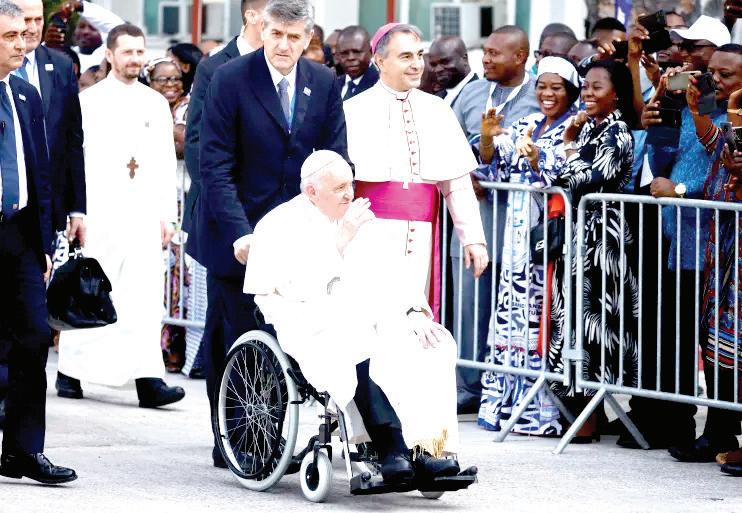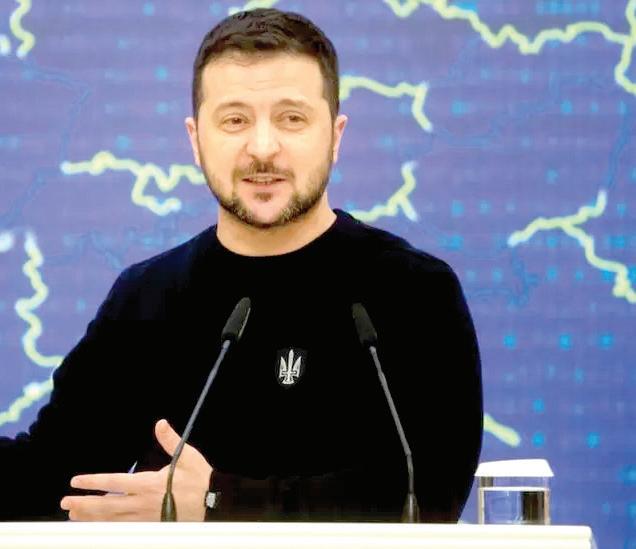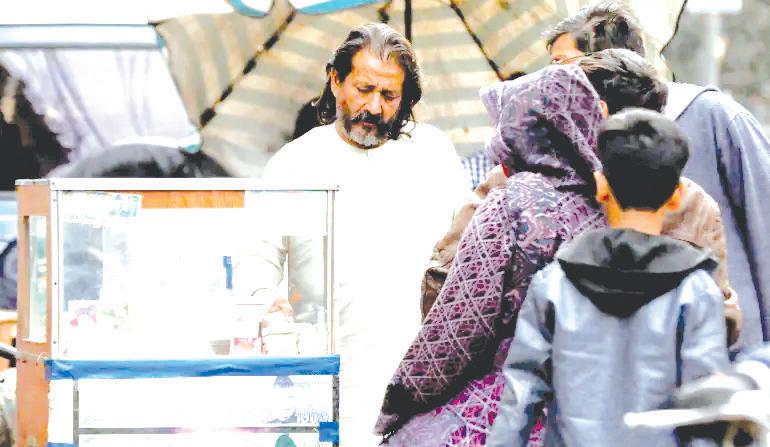
2 minute read
South Sudan violence kills 27 on eve of Pope’s visit
Twenty-seven people have been killed in South Sudan’s Central Equatoria state in tit-for-tat violence between cattle herders and members of a militia on the eve of a visit to the country by Pope Francis.
The incident happened on Thursday, according to a local official.
The pope is set to arrive from the neighbouring Democratic Republic of the Congo (DRC), hoping to revive a peace process aimed at ending a decade of conflict fought mostly on ethnic lines that has killed hundreds of thousands of people.
A peace deal signed in 2018 by the main parties in a civil war from 2013 to 2018 has significantly reduced violence in South Sudan in recent years, but lower-level clashes between rival communities regularly flare up.
Violence broke out after fighters from a rebel group killed six people from a herding community. Herders retaliated on Thursday by killing 21 civilians in a nearby area, including five children and a pregnant woman, said Kajo-Keji county commissioner Phanuel Dumo.
from Ukrainian forces in recent months.
And Western nations have repeatedly ruled out providing Ukraine with offensive weapons - such as fighter jets - which it could use to strike against Russia itself.
In a tweet, Ukrainian President Volodymyr Zelensky thanked the US and President Joe Biden for the additional aid.
"The more long-range our weapons are and the more mobile our troops are, the sooner Russia's brutal aggression will end," Zelensky wrote. "Together with [the US] we stand against terror."

to conduct operations in defence of their country and take back their sovereign territory, Russianoccupied areas."
Russia illegally annexed the Crimean Peninsula in 2014 and considers it part of its territory. But it has come under sporadic fire
Previously, Ukraine's longest-range weapon was the HIMARS rocket system, which can hit targets at a range of up to 80km (50 miles). Kyiv used the system to devastating effect during its counter-offensive in the south and east earlier this year.
(Excerpt from BBC News)
Israel says Sudan peace deal to be signed in Washington
Pakistan’s Prime Minister Shehbaz
Sharif has said that the Government will have to agree to International Monetary Fund (IMF) bailout conditions that are “beyond imagination”.
Sharif’s comments on Friday came after an IMF delegation landed in Pakistan this week for last-ditch talks to revive vital financial aid which has stalled for months.
The Government has held out against tax rises and subsidy-slashing demanded by the IMF, fearful of a backlash before elections due in October.
“I will not go into the details but will only say that our economic challenge is unimaginable. The conditions we will have to agree to with the IMF are beyond imagination. But we will have to agree with the conditions,” Sharif said in televised comments.
The global lender has set strict conditions before resuming the bailout pro- gramme for Pakistan, such as asking the Government to allow a market-determined exchange rate for the local currency, ease fuel subsidies, and control circular debt in the power sector.
Pakistan’s economy has been in dire straits, stricken by a balance of payments crisis as it attempted to service high levels of external debt, amid political chaos and a deteriorating security situation.
On Wednesday, year-on-year inflation had risen to a 48year high leaving Pakistanis struggling to afford basic food items.

Before the IMF visit, Islamabad began to bow to pressure with the prospect of national bankruptcy looming and no friendly countries willing to offer less painful bailouts.
The government loosened controls on the rupee to rein in a rampant black market in US dollars, a step that caused the currency to plunge to a record low. (Excerpt from Al Jazeera)








